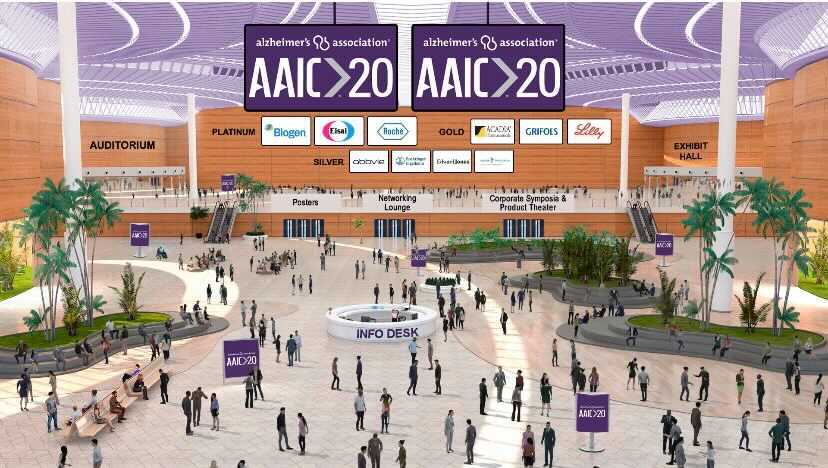In the world of research, scientists aim to attend annual conferences that are relevant to their field of interest. This enables researchers to meet with colleagues and collaborators from around the world who are working on similar research questions, to share and discuss their findings. Conferences are very valuable experiences for early and experienced researchers alike.
There are a few main conferences that we attend as a team. The most important conferences for us are the International Conference for Frontotemporal Dementia (ICFTD), and the national FTD meeting which is organised by our team and collaborators at the University of Manchester and the University of Cambridge, FTD UK. There are also a number of meetings that different members of the team attend depending on the methodologies they use, for example imaging or psychological research conferences.
However, conferences are usually multi-day events held in a different location each year. Researchers often travel by air, stay in hotels and mix with hundreds of other attendees for the chance to hear exciting research updates, all things that have been prevented by the Covid-19 pandemic. So, what have our conferences looked like this year?
The conference programme for our team in 2020 started with Human Amyloid Imaging in Miami in January, which Mica Clarke attended. This is a PET imaging conference for researchers interested in PET imaging of neurodegeneration. Mica presented her work on synaptic and mitochondrial PET imaging in FTD, and heard updates on other types of PET imaging used in Alzheimer’s disease and other dementias. The conference was very engaging and it is always exciting to hear about novel research techniques that we could apply to FTD.
It was not long after this, though, that the Covid-19 outbreak became bigger, and the UK went into lockdown in March. A number of dementia research conferences were postponed or cancelled, and others moved to a virtual setting. This was the case for the Alzheimer’s Association International Conference (AAIC), which took place at the end of July. AAIC is the biggest dementia research conference and includes lots of research relevant to FTD. Thousands of researchers attend each year, but instead of flying to Amsterdam for the 2020 conference, we logged on to a clever online portal to watch pre-recorded and live talks, view digital posters and engage in discussion via instant messaging. Despite missing the excitement of visiting a new city and networking with researchers in person, the virtual experience was a good one. It was so valuable to be able to hear research updates without delay, and attendees benefitted from being able to view recorded talks from simultaneous sessions that would have clashed at an in person event. The biggest research developments centred on blood biomarkers for Alzheimer’s disease, but there were many diverse topics covered including novel PET imaging findings and some good discussion about the presence of inflammation in dementia. Two members of the team gave oral presentations of their research at AAIC this year – in a dedicated FTD session, Aitana Sogorb Esteve spoke about her work on lipid mediators in FTD and neuroinflammation, and Mica Clarke presented PET imaging findings on synaptic and mitochondrial dysfunction in FTD.
ICFTD is held once every two years. It was last held in Sydney in 2018 and the whole team attended. ICFTD 2020 was due to take place in Minneapolis in October, though has been postponed. We do not yet know whether this conference will run virtually or whether the organisers will wait until an in person event can be held, but we will miss the reunion of the global FTD research community and look forward to the next one.
The tenth annual FTD UK was also due to take place this autumn, hosted by us at University College London. We have postponed the conference until we can meet in person again, as we have a great programme lined up for the tenth meeting. We look forward to rearranging the meeting in a safe setting and hope this is not too far away in the future.
In the meantime, the team are following research updates by attending virtual talks organised by universities, journals and committees. Like everybody, the dementia research community has had to adapt to different ways of working to be able to continue developing our understanding of FTD. This includes organising and attending conferences. We look forward to the return of in person meetings but until then, we will keep updated on screen!

